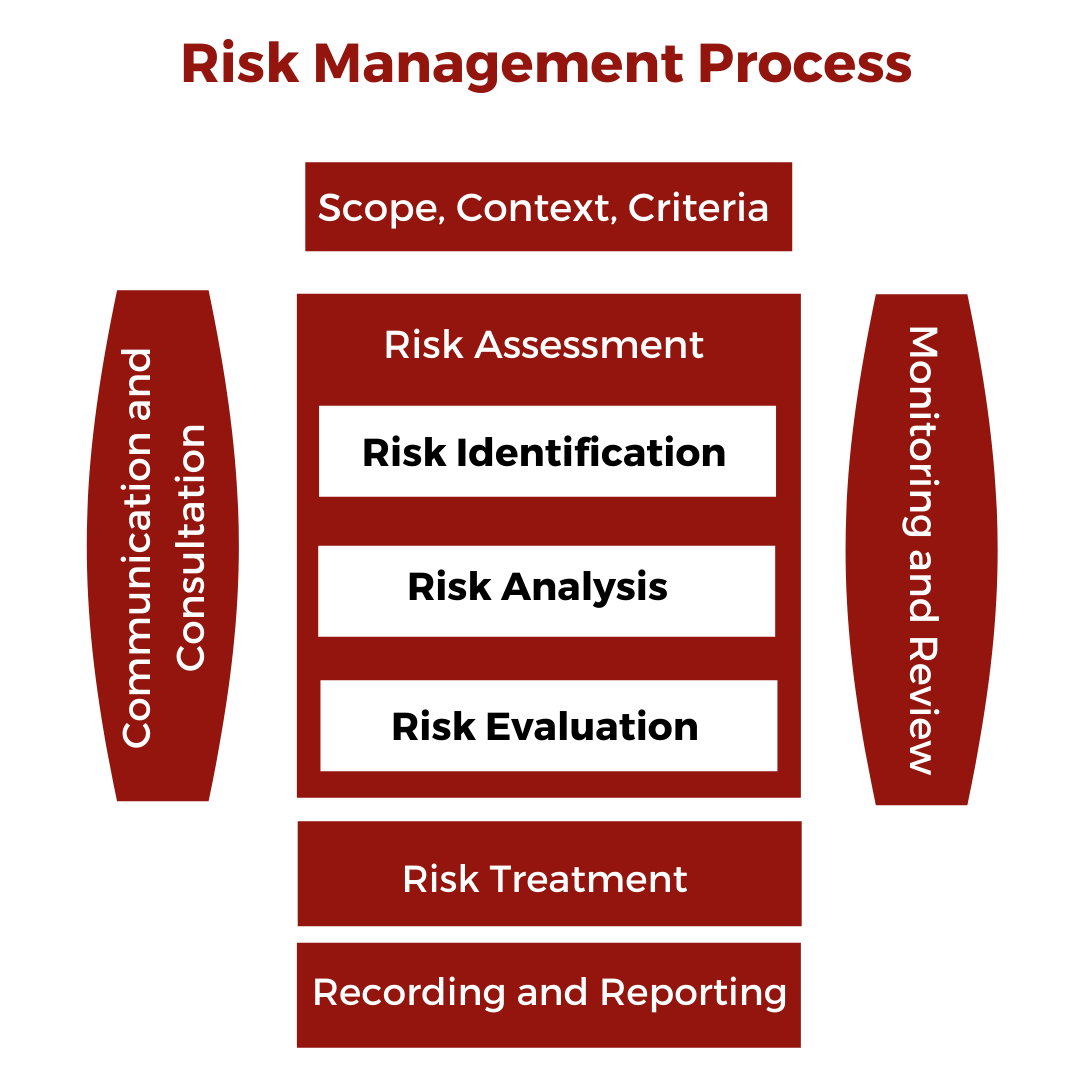Out of the 314 Registered ISACA CMMI Partners, Only 14 Hold Elite Status, and CUNIX is Proud to be One of Them
- Home
- About Us
- Services
- Publication
- Training
- Careers
- Contact Us
Risk refers to a threat to the business ability to achieve a business goal, and risk management is identifying, analysing, and managing the threats to an organization. To help businesses with any uncertainty and risk, ISO 31000 has been developed, and it is a risk management standard set by the International Organization for Standardization.
ISO 31000 is an international standard that outlines how to manage any type of risk/threat in any business activity. The standard outlines the principles, risk management framework, and risk management process implementation.
ISO 31000 framework is not industry or sector-specific; it can be applied by any public, private, or community-based business, association, group, or individual. As a result, this standard can be used for a wide range of activities, including strategies and decisions, operations, processes, functions, projects, products, services, and assets throughout the life of a business.
